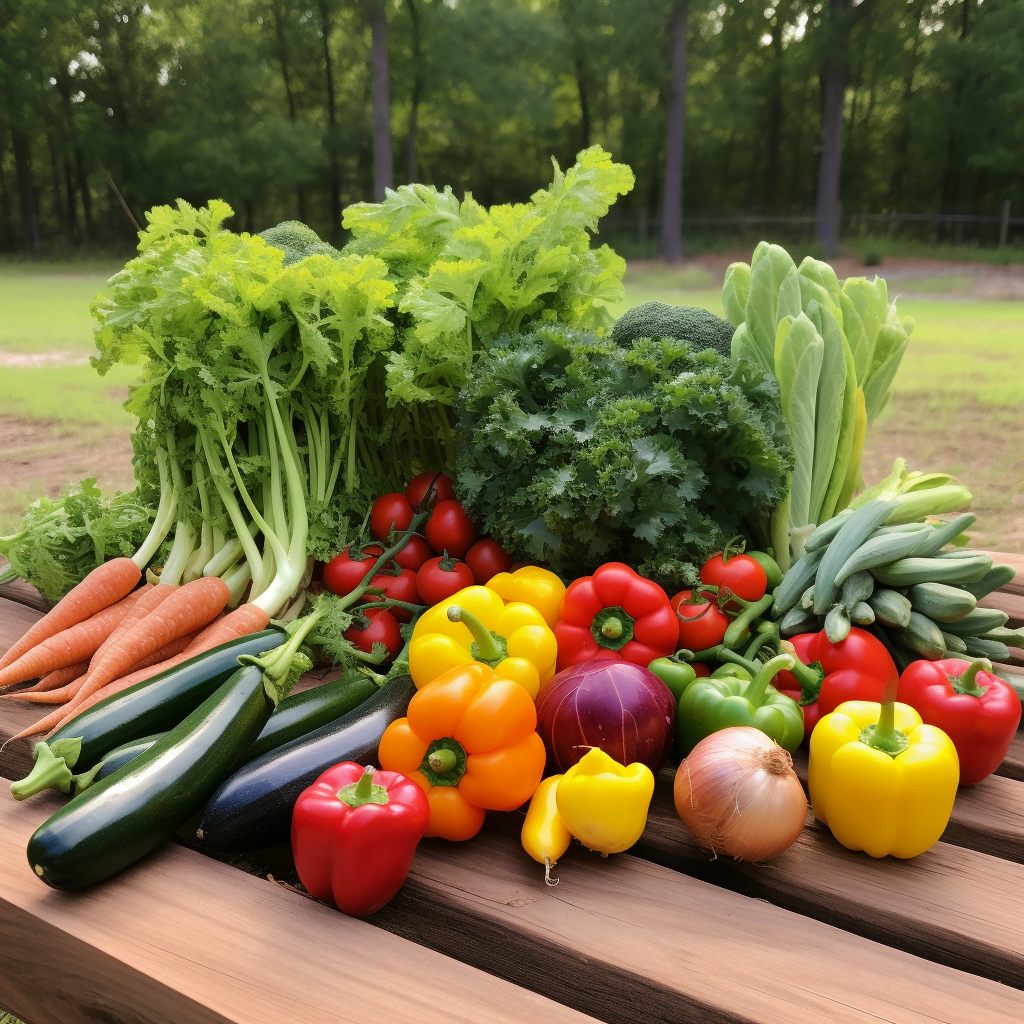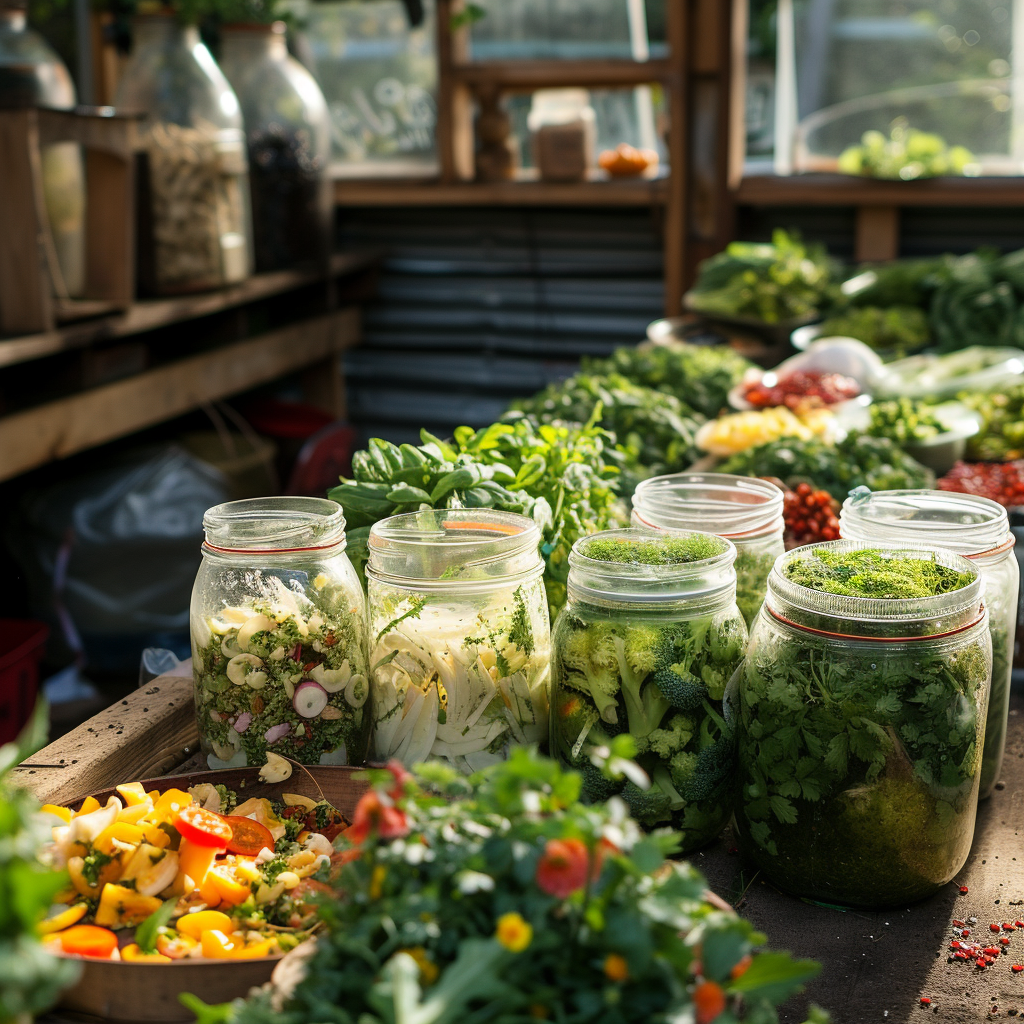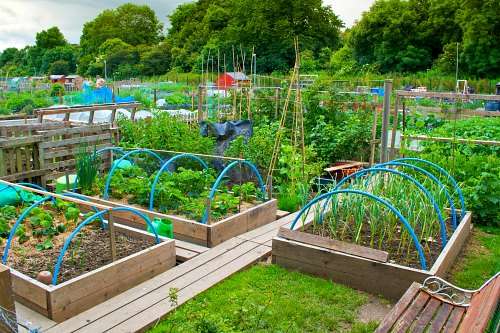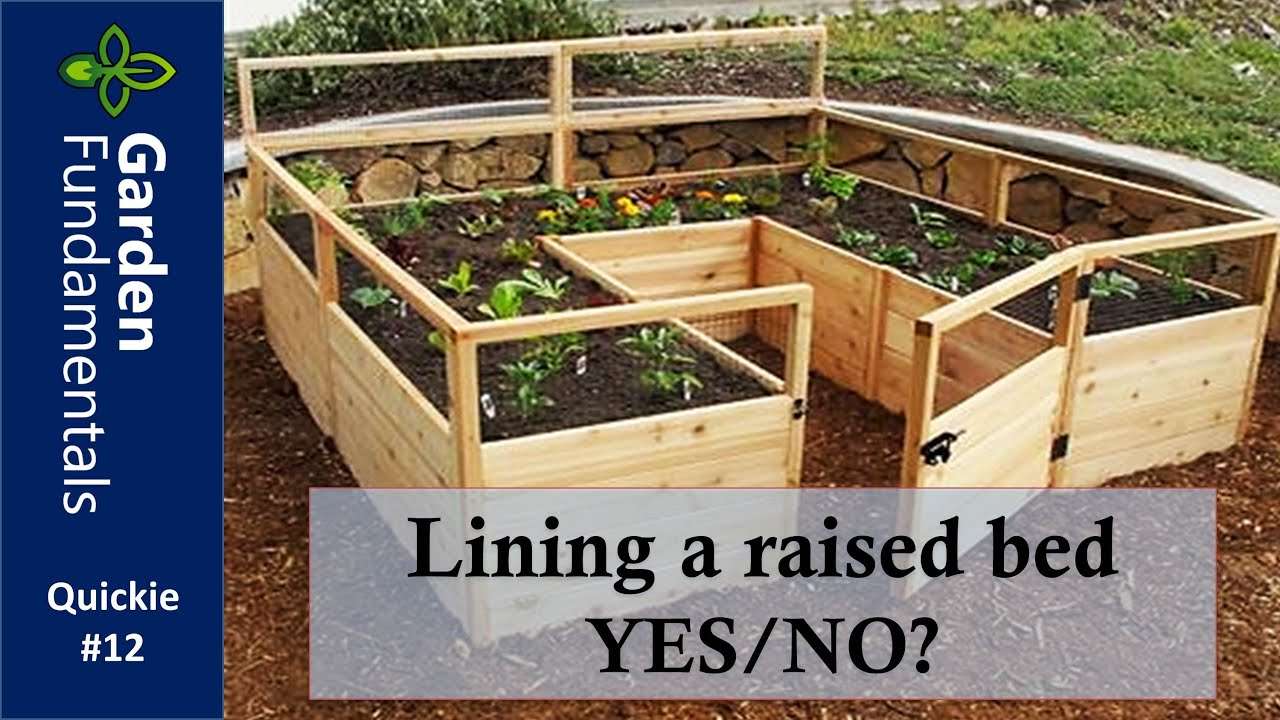If you’re looking to start your own vegetable garden in East Texas, you’re in luck. The region’s mild climate and ample rainfall make it an ideal location for growing a variety of vegetables throughout the year. With a long growing season and relatively mild winters, East Texas provides the perfect environment for a bountiful harvest. From asparagus and broccoli to tomatoes and peppers, there are plenty of delicious and nutritious options to choose from. Whether you’re a seasoned gardener or just starting out, East Texas is a prime location for cultivating your own fresh produce.
Best Vegetables To Grow In East Texas
East Texas is the best place to grow vegetables in the entire state, thanks to its fairly mild climate and the ability to grow vegetables all year round. However, it is important to be mindful of cold spells during the winter, as not all vegetables can resist frost. The best vegetables to grow in East Texas are asparagus, broccoli, potatoes, cabbages, tomatoes, cauliflowers, cucumbers, spinach, onions, and peppers.
Asparagus
Asparagus is one of the most commonly grown vegetables in East Texas. The climate in this region is ideal for asparagus, but it does require patience as it takes 2-3 years to fully grow. Once matured, asparagus plants can produce vegetables for years or even decades. It is advisable to use already established asparagus plants rather than grow them from seeds.
Broccoli
Broccoli is another vegetable that thrives in East Texas. It may have a longer growth period of 14-22 weeks, but the broccoli grown in this region tends to be massive. It is a commonly consumed vegetable throughout Texas, and with the warm weather in East Texas, you will have no problems growing it.
Potatoes
Growing potatoes in East Texas is a popular choice among homesteaders. They can be grown throughout the year and are relatively easy to cultivate. As long as you protect your potatoes from pests, they should grow well in East Texas. The maturity period for potatoes in this region is around 8-11 weeks.
Cabbages
Cabbages are excellent for the East Texas climate. They grow relatively slowly but have mild frost resistance. Cabbages are planted all year round in East Texas, usually in February and September. The growth time for cabbages ranges between 12-25 weeks, depending on the type of cabbage and local weather conditions.
Tomatoes
Tomato plants thrive in the warm weather of East Texas, particularly during the summertime. Regular watering is essential for their growth. While there are many different types of tomatoes that can be grown, cherry tomatoes are the most common in East Texas. On average, tomatoes take between 7-12 weeks to fully mature.
Cauliflowers
Cauliflowers are commonly grown in East Texas due to their sturdy nature and relatively fast growth. In this region, it typically takes 8-14 weeks for cauliflowers to fully grow.
Cucumbers
Cucumbers are well-suited to the East Texas climate, where the warm days enhance their sweetness. However, they require a significant amount of water to grow large enough for harvesting. The growing period for cucumbers in East Texas is between 7-10 weeks.
Spinach
Spinach is an incredibly versatile vegetable that can be easily grown in East Texas. It can be cultivated throughout the year, and one of the advantages of spinach is its relatively fast growth. Spinach typically takes 8-9 weeks to fully mature in this region.
Onions
Onions are cold weather vegetables that thrive in cooler climates, making them suitable for East Texas during the winter. They can withstand occasional cold spells and take around 10-12 weeks to fully grow.
Peppers
Peppers, especially sweet peppers, are fairly easy to grow in East Texas. They tend to thrive in this climate and are commonly grown in the summertime. The maturity period for sweet peppers ranges from 8-12 weeks, while hot peppers take around 18-21 weeks.
Key Takeaways
East Texas’s Humid Subtropical Climate
East Texas has a humid subtropical climate that provides the ideal conditions for growing a variety of warm-season vegetables. From tomatoes and peppers to cucumbers and squash, these crops thrive in the hot and humid summers of East Texas.
Warm-Season Crops
Consider planting crops such as okra, sweet potatoes, and tomatoes to make the most of the Texas heat. These crops are well-suited to the hot and dry conditions in the region and can yield bountiful harvests.
Root Vegetables
The loamy soils found in East Texas make it an ideal location for growing root vegetables such as carrots, beets, radishes, and sweet potatoes. These crops can withstand the clay-based soils of the region and provide a nutritious addition to your garden.
Leafy Greens and Herbs
East Texas’s milder winters offer an opportunity to grow leafy greens and herbs throughout the year. Consider planting crops like lettuce, spinach, kale, collard greens, parsley, basil, and cilantro. These crops can flourish during the cooler months and provide a fresh supply of greens for your kitchen.
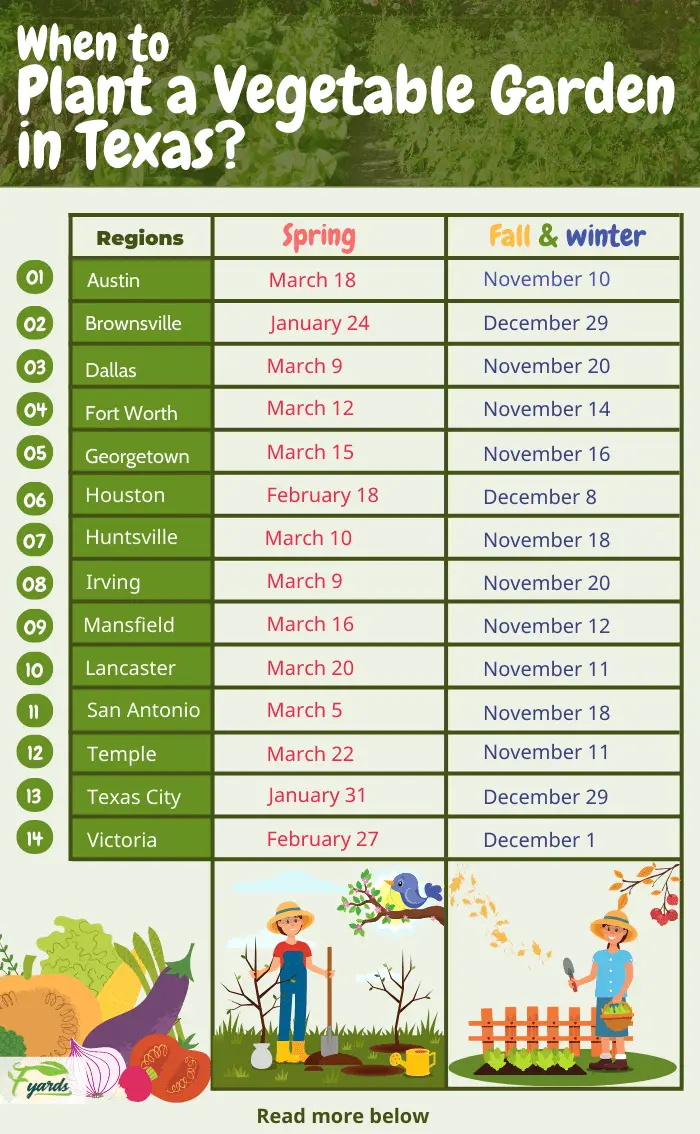
FAQ
What vegetables do well in Texas heat?
Vegetables such as okra, peppers, sweet potatoes, and tomatoes do well in the Texas heat. These crops are heat-tolerant and can thrive in the hot and dry conditions that Texas experiences.
What can I plant now in East Texas?
In East Texas, you can plant crops like beans, cucumbers, eggplants, melons, and squash. These warm-season vegetables are suitable for the current time and climate in East Texas.
What vegetables thrive in Texas?
Several vegetables thrive in Texas, including black-eyed peas, collard greens, cucumbers, green beans, and squash. These crops have adapted well to Texas’ climate and can yield plentiful harvests.
What can I plant in winter in East Texas?
During winter in East Texas, you can plant cool-season vegetables such as broccoli, cabbage, carrots, lettuce, and spinach. These crops can withstand the cooler temperatures and provide fresh produce during the winter months.

